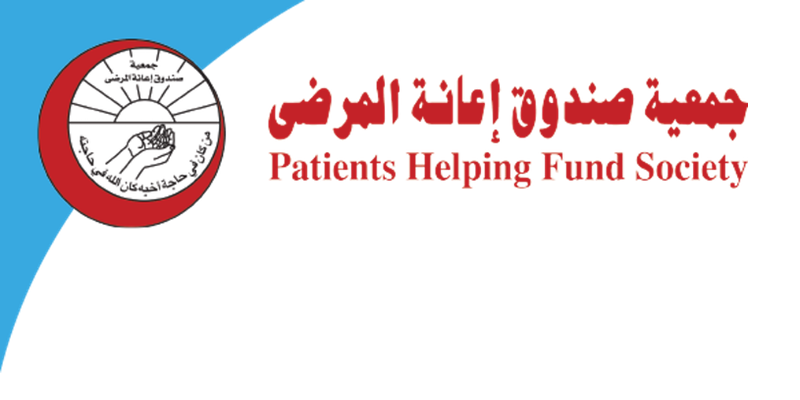
Treatment Options
Treatment Options

Patient's Guide
Multidisciplinary Approach
To ensure a precise and evidence-based practice, treatment individualization is tailored according to multiple factors. This is made possible through multidisciplinary group meetings held by high experts from the different clinical departments in KCCC; including the medical, surgical, pathology, and radiology departments. After the appropriate plan of treatment is placed, the patient is started promptly on his journey to cure.
Surgery treats cancer by removing tumors from your body. Most of the time, healthy tissue around the tumor will be removed as well as the tumor itself. This can help prevent the tumor from growing back. The surgeon may also remove nearby lymph nodes.
It takes time to recover from surgery. You may feel tired or weak after your operation. Before your surgery, your healthcare team will talk to you about how to deal with pain, and they may give you a prescription for medications to take afterwards.
Most of the time, surgical intervention comes as a first line in treatment of non-hematological malignancies, especially those tumors which can be completely resected. But for some reasons, you may need a pre-operative systemic treatment to shrunken the tumor and make the surgery less destructive.
Surgery may be needed for a palliative intent, like decreasing pain or releasing pressure on vital organs.
Visit our Surgical Oncology Department webpage to know more.
Radiation therapy uses high-energy radiation to treat cancer. Radiation can damage cancer cells, which stops them from reproducing, or it can kill them outright. The healthy cells around the cancer may also be damaged by radiation, but unlike the cancer cells, the healthy cells are able to recover.
Radiotherapy can be either given alone or combined with chemotherapy. Sometimes, your doctor advice for radiotherapy to control locally advanced disease then refer you for surgical assessment. Other times, radiotherapy is given to control local symptoms (like pain) or to release pressure on vital organs.
Visit our Radiation Oncology Department webpage to know more.
In the past, we call medical treatment as chemotherapy. But now, we have multiple treatment modalities called as medical treatment. Medical treatment can be used to:
- Destroy cancer cells
- Stop cancer cells from spreading
- Slow the growth of cancer cells
Medical treatment includes;
- Chemotherapy
- Targeted Therapy
- Monoclonal Antibodies
- Hormonal Therapy
- Immunotherapy
Because there are many different types of medical treatment, your experience may be very different from that of other people receiving the same medication. The choice between them will be based on multiple factors, like; patient clinical condition, type of cancer, expected response, prognosis, and expected tolerance to treatment.
Chemotherapy can be used as a stand-alone treatment or in combination with other treatments. It can help other treatments work better.
There are many different ways to give chemotherapy to a person, including:
- Intravenously (injected into a vein)
- As a shot (an injection into a muscle)
- Orally, as a pill or liquid that you swallow
- Topically, as a cream or lotion that is rubbed onto your skin
- Chemotherapy may be delivered daily, weekly or monthly. Your schedule for chemotherapy depends on your individual circumstances.
Chemotherapy may be delivered daily, weekly or monthly. Your schedule for chemotherapy depends on your individual circumstances.
Visit our Medical Oncology Department webpage to know more.
In the last twenty years, radionuclide therapy has been widely used in various clinical malignant and pain management applications. Radionuclide therapy has the advantage of delivering a highly concentrated dose to the targeted tumor while sparing the surrounding normal tissues. In addition, the selective ability of radionuclide therapy is advantageous in the treatment of systemic malignancy, such as in bone metastases, where whole body irradiation is impossible. Since the administration of radionuclides is minimally invasive and the duration of treatment is shorter than chemotherapy.
Visit our Nuclear Medicine Department webpage to know more.
If you have any questions, please speak to your treating physician.








